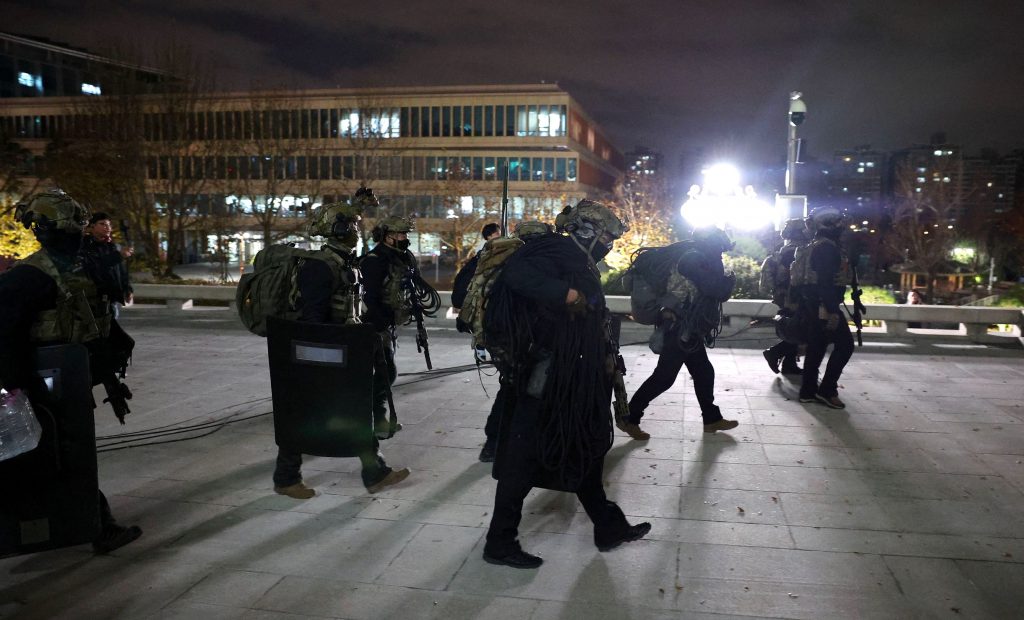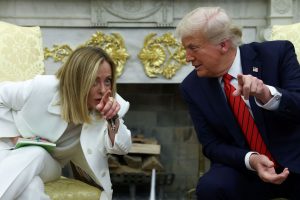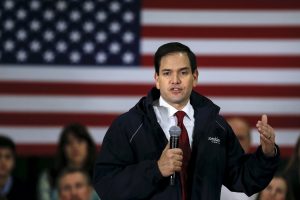In a bold rebuke to President Yoon Suk Yeol, the parliament of South Korea voted on Tuesday to revoke his “emergency” martial law declaration, imposed earlier in the day, AP reports.
In a TV address, Yoon justified the measure as necessary to address the opposition party’s “anti-state” tendencies and pro-North Korean sympathies. The surprise move, however, sparked an immediate backlash from both opposition leaders and members of Yoon’s own conservative party.
The South Korean president’s declaration marked a dramatic escalation in tensions with the opposition-controlled parliament. Critics have denounced the action as “undemocratic”, warning it risks undermining decades of progress since the country transitioned to democracy in the 1980s.
Following Yoon’s declaration, U.S. Deputy Secretary of State Kurt Campbell said on Tuesday that the United States was watching events in South Korea with “grave concern”. He went on to add that he had every hope and expectation that any political disputes would be resolved peacefully and in accordance with the rule of law.

Military forces walk outside the National Assembly, after South Korean President Yoon Suk Yeol declared martial law, in Seoul. December 4, 2024. Photo: Reuters/Kim Hong-Ji
Parliament’s vote underscores the widening political divide as lawmakers dismissed Yoon’s reasoning and called for a swift return to democratic norms.
Finance Minister Choi Sang-mok of South Korea said after an emergency meeting with senior officials that the government was ready to take extensive measures to stabilize financial markets, including the provision of unlimited liquidity.
Yoon’s announcement came after tensions over the rejection of a government budget proposal and criticisms of scandals involving his administration.
Meanwhile, the rejection of martial law raises questions about Yoon’s next steps. Among others, Yoon’s critics argue that his actions threaten to erode public trust and destabilize the nation’s political institutions, with supporters claiming that strict measures are necessary to address security concerns.



